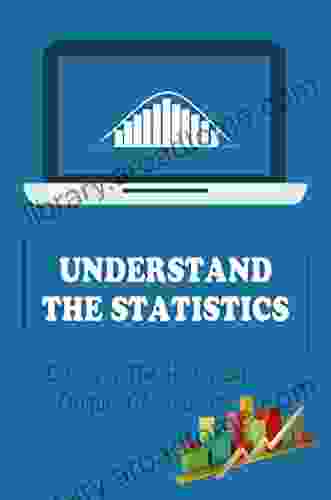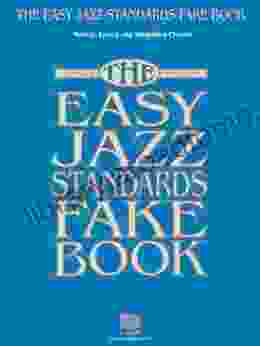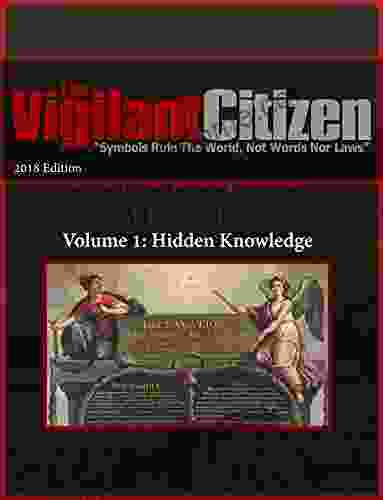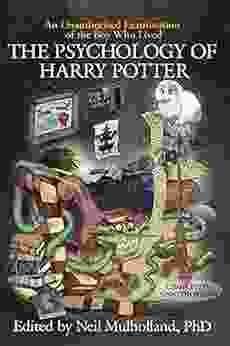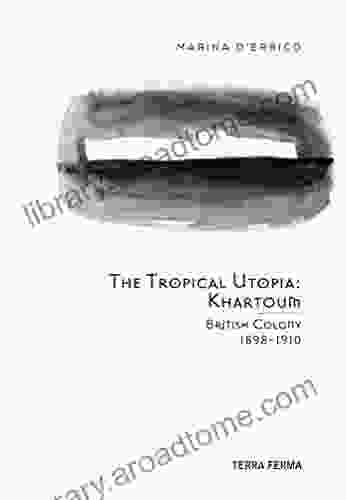Discover the Historical Origins of Statistics: A Journey Through Time


Statistics, the science of collecting, analyzing, interpreting, and presenting data, has a rich and fascinating history that spans several millennia. From the ancient Egyptians and Babylonians to the Greeks and Romans, from the Islamic Golden Age to the Renaissance, and from the development of probability theory to the emergence of modern inferential statistics, the story of statistics is a testament to the human quest for knowledge and understanding.
Ancient Roots of Data Collection
The earliest known instances of statistical data collection can be traced back to ancient Egypt and Babylonia. Around 3000 BC, the Egyptians conducted a census to determine the population and resources of their kingdom. The Babylonians, too, were known for their meticulous record-keeping and used statistics to track agricultural production and trade.
5 out of 5
| Language | : | English |
| File size | : | 983 KB |
| Text-to-Speech | : | Enabled |
| Enhanced typesetting | : | Enabled |
| Print length | : | 139 pages |
| Lending | : | Enabled |
| Screen Reader | : | Supported |
Greek and Roman Contributions
The Greeks made significant contributions to the development of statistics, particularly in the fields of mathematics and philosophy. Aristotle, in his work "Posterior Analytics," discussed the concept of probability and its role in inductive reasoning. The Stoic philosopher Chrysippus developed a theory of probability that was based on the frequency of events.
The Romans also made practical use of statistics in their administration and governance. They conducted censuses and collected data on population, wealth, and trade. Julius Caesar, for instance, used statistics to assess the strength of his legions and to plan military campaigns.
The Islamic Golden Age and the Renaissance
During the Islamic Golden Age, scholars in the Middle East made significant advancements in mathematics and statistics. Al-Khwarizmi, a Persian mathematician, developed the concept of algebra and introduced the use of numerals. He also wrote a treatise on arithmetic that included a section on statistics.
In the Renaissance, European scholars rediscovered the works of ancient Greek and Islamic scholars and began to apply their ideas to new fields of study. Leonardo da Vinci, for instance, used statistics to study human anatomy and proportion. Nicolaus Copernicus used statistics to support his heliocentric theory of the solar system.
Probability Theory and Inferential Statistics
The development of probability theory in the 17th and 18th centuries marked a major turning point in the history of statistics. Blaise Pascal and Pierre de Fermat laid the foundations of probability theory, and Thomas Bayes developed Bayes' theorem, which is a fundamental tool in statistical inference.
In the 19th century, statisticians such as Karl Pearson and Ronald Fisher developed inferential statistics, which allows us to make inferences about a population based on a sample. These techniques have revolutionized the way we analyze data and make decisions in a wide range of fields, from medicine to economics.
Modern Statistics
The 20th century witnessed the rapid development of modern statistics. The invention of the computer made it possible to process large amounts of data quickly and efficiently. New statistical techniques were developed to address the challenges of modern data analysis, such as regression analysis, factor analysis, and machine learning.
Today, statistics is an essential tool in almost every field of human endeavor. It is used to make informed decisions, solve problems, and advance our understanding of the world around us. From medical research to financial forecasting, from social science to marketing, statistics plays a vital role in shaping our lives.
The history of statistics is a testament to the human quest for knowledge and understanding. From its ancient roots in data collection to the development of modern statistical techniques, statistics has played a vital role in our understanding of the world around us. As we continue to face new challenges and opportunities, statistics will undoubtedly continue to be an essential tool in shaping our future.
5 out of 5
| Language | : | English |
| File size | : | 983 KB |
| Text-to-Speech | : | Enabled |
| Enhanced typesetting | : | Enabled |
| Print length | : | 139 pages |
| Lending | : | Enabled |
| Screen Reader | : | Supported |
Do you want to contribute by writing guest posts on this blog?
Please contact us and send us a resume of previous articles that you have written.
Light bulbAdvertise smarter! Our strategic ad space ensures maximum exposure. Reserve your spot today!
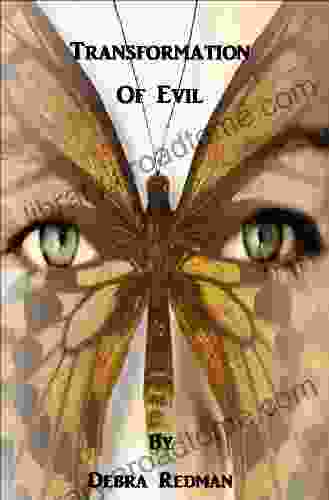
 W. Somerset MaughamDiscover the Dark Secrets and Profound Transformation in "Transformation of...
W. Somerset MaughamDiscover the Dark Secrets and Profound Transformation in "Transformation of... Cade SimmonsFollow ·5.9k
Cade SimmonsFollow ·5.9k Natsume SōsekiFollow ·3.7k
Natsume SōsekiFollow ·3.7k Stan WardFollow ·7.1k
Stan WardFollow ·7.1k Camden MitchellFollow ·10.2k
Camden MitchellFollow ·10.2k Don ColemanFollow ·15.6k
Don ColemanFollow ·15.6k Yasushi InoueFollow ·13k
Yasushi InoueFollow ·13k Dalton FosterFollow ·10.6k
Dalton FosterFollow ·10.6k Ernest PowellFollow ·18.3k
Ernest PowellFollow ·18.3k
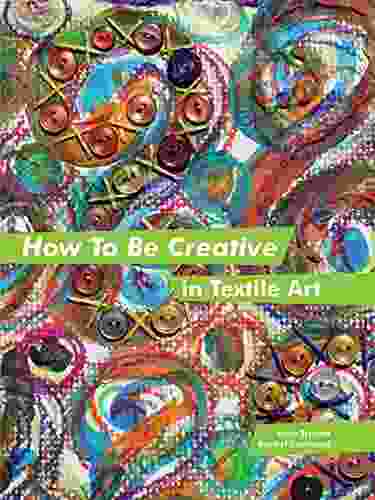
 Lord Byron
Lord ByronHow to Be Creative in Textile Art: A Comprehensive Guide...
Textile art is a...

 Kenneth Parker
Kenneth ParkerMaster the Art of Grilling with "The BBQ Sauces Cookbook"
Are you tired of the same old...
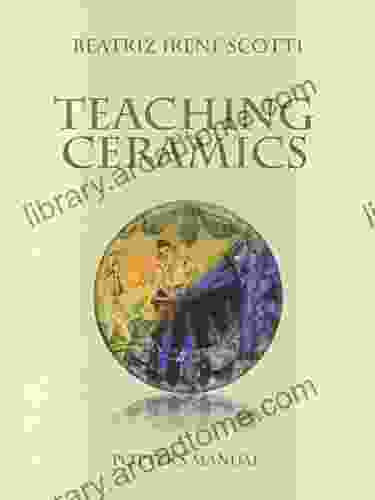
 Jerome Blair
Jerome BlairTeaching Ceramics Potter Manual: Unlock Your Inner Artist...
Imagine the satisfaction of crafting exquisite...

 Paulo Coelho
Paulo CoelhoLiberating Yourself From Lyme: A Comprehensive Guide to...
What is Lyme...

 Banana Yoshimoto
Banana YoshimotoInspiring Art Explorations: Unleashing Creativity in...
Prepare to be inspired...
5 out of 5
| Language | : | English |
| File size | : | 983 KB |
| Text-to-Speech | : | Enabled |
| Enhanced typesetting | : | Enabled |
| Print length | : | 139 pages |
| Lending | : | Enabled |
| Screen Reader | : | Supported |


